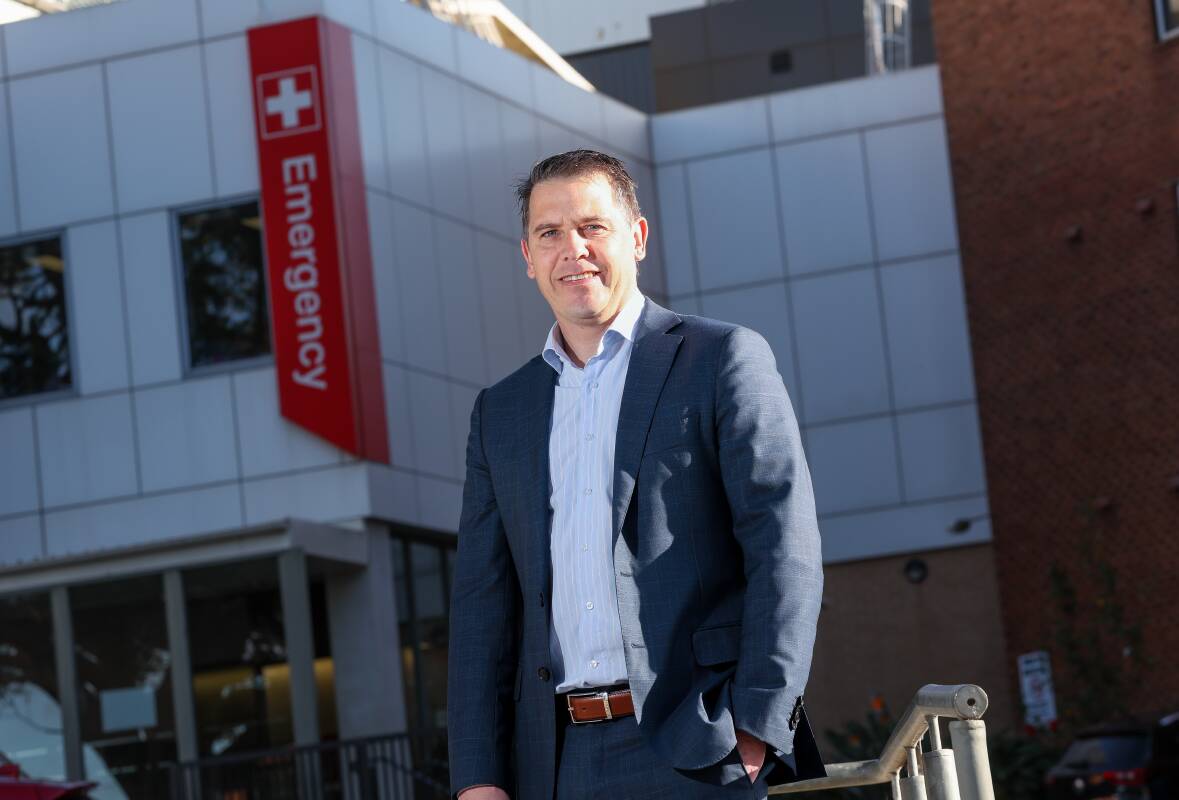
The overuse of gloves will be tackled at John Hunter Hospital in a pilot project to cut waste and save money, the NSW government says.
The project aimed to reduce "unnecessary non-sterile glove use and improve hand hygiene in clinical areas".
NSW Health Minister Ryan Park said the project, titled "Gloves Off, Clean Hands, Safe for All", would "reduce the overuse of gloves and decrease the amount of avoidable waste being sent to landfill".
Mr Park said the project could prevent millions of gloves being used by health workers, "leading to significant environmental and cost savings".
"Wearing disposable gloves is a common behaviour in our hospitals," he said.
"However, there are occasions such as direct contact with intact skin and routine observations, where clean hands can be used if staff aren't going to come into contact with a bodily fluid."
Hunter New England Health executive director Dr Ramsey Awad said the district used about 28 million gloves annually.
"The aim of the program is to significantly reduce unnecessary glove use by educating staff. Similar projects at other hospitals are achieving reductions of up to 30 per cent," Dr Awad said.
Mr Park said research showed that hand hygiene improved and the risk of infections fell when gloves were "used only when needed".
A World Health Organisation statement on the issue says "the use of gloves when not indicated represents a waste of resources and does not contribute to a reduction of cross-transmission".
Research from University of Gavle in Sweden in 2020 stated that: "Continued wearing of gloves may result in the transmission of organisms instead of preventing infections".
Wearing gloves can reportedly lead health workers to feel a false sense of security and wash their hands less frequently. And contaminated gloves can spread germs.
When the pilot project ends next year, a permanent program is planned to be rolled out across the health district.
This forms part of Hunter New England Health's sustainability strategy to be carbon and waste neutral by 2030. It also aligns with the NSW government's plan to reach zero emissions by 2050.
Wallsend MP Sonia Hornery said hospital staff were "leading the charge" on sustainability.
"Climate change and waste reduction is such an important issue which impacts the health of our communities," Ms Hornery said.
"It is steps like this which really make a huge difference."
Dr Awad said further investments would be made in the district in solar power, water sustainability and energy efficient practices over the next decade.







